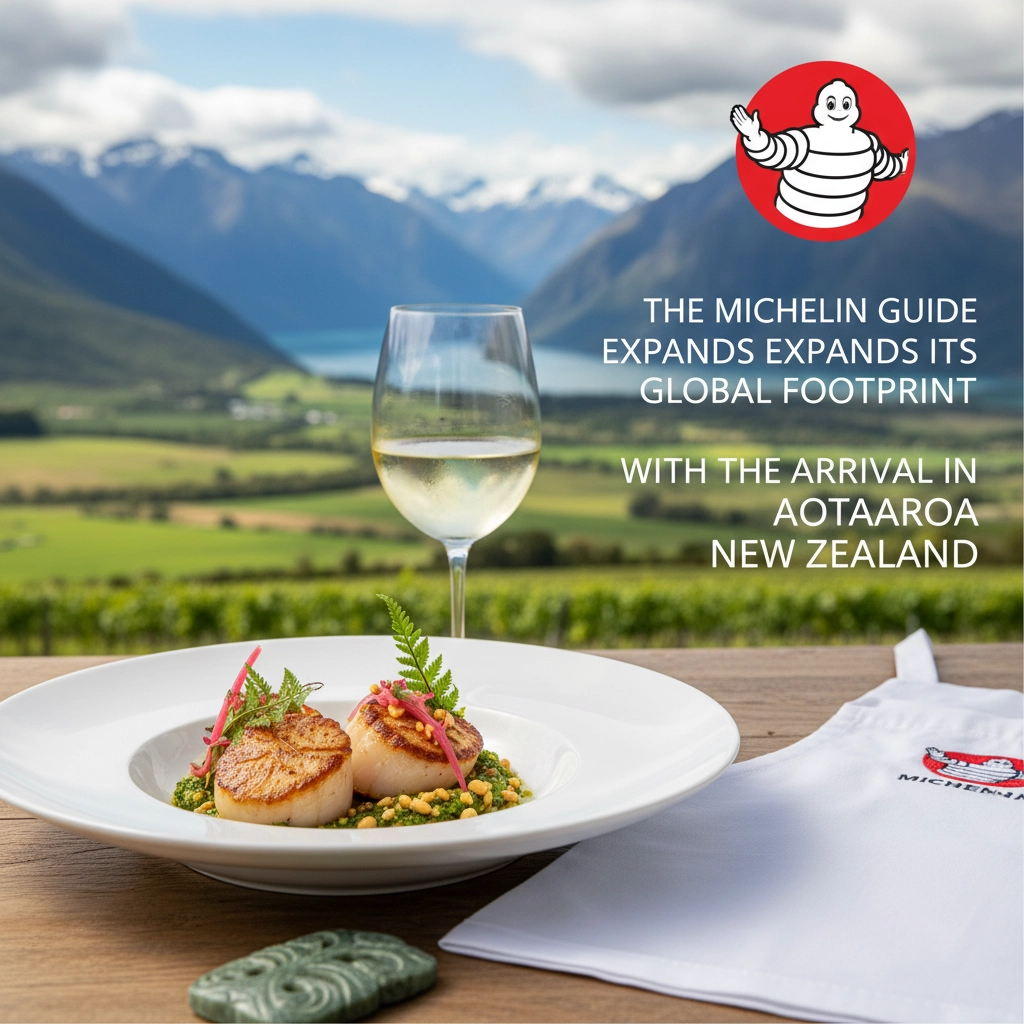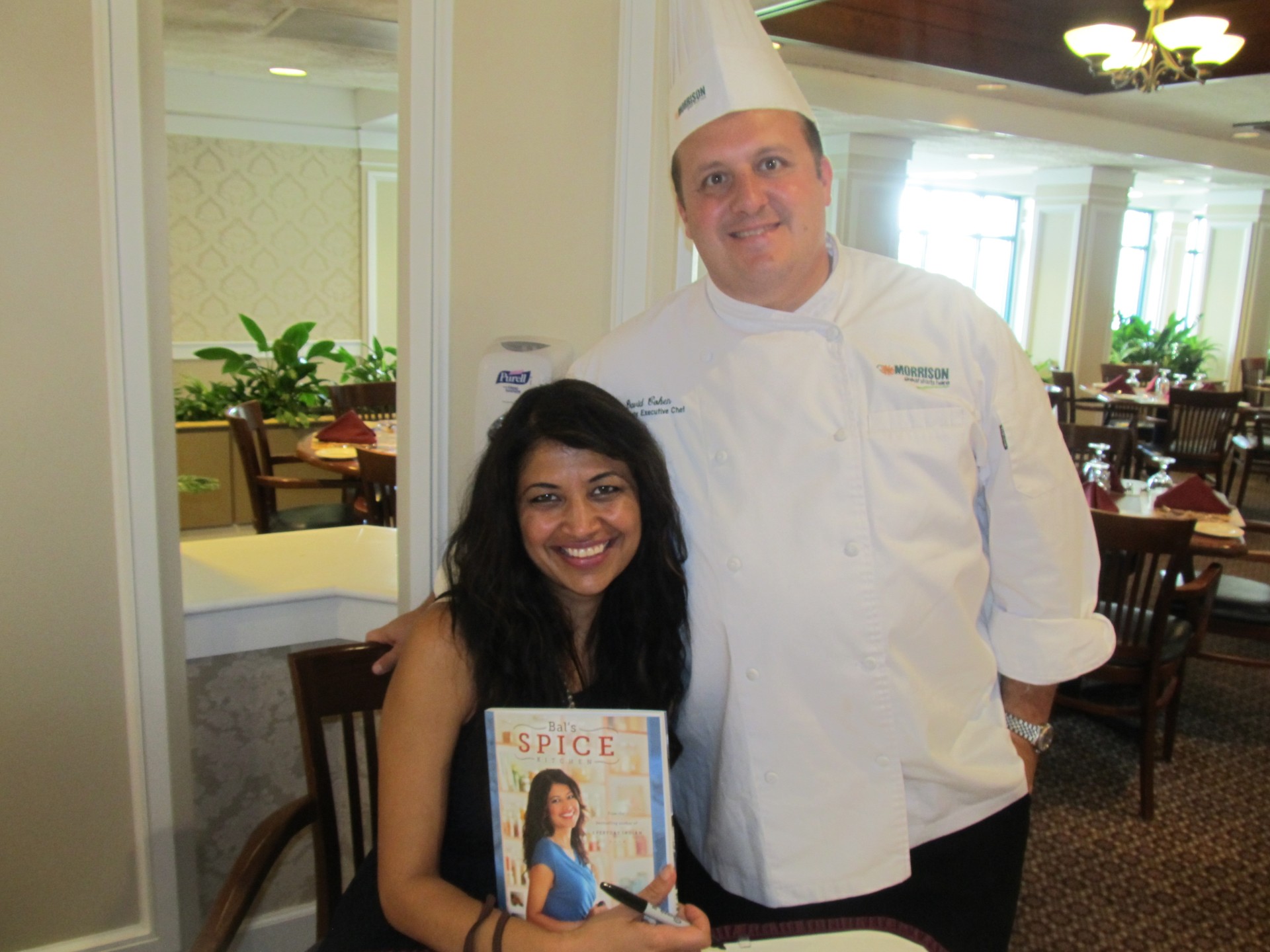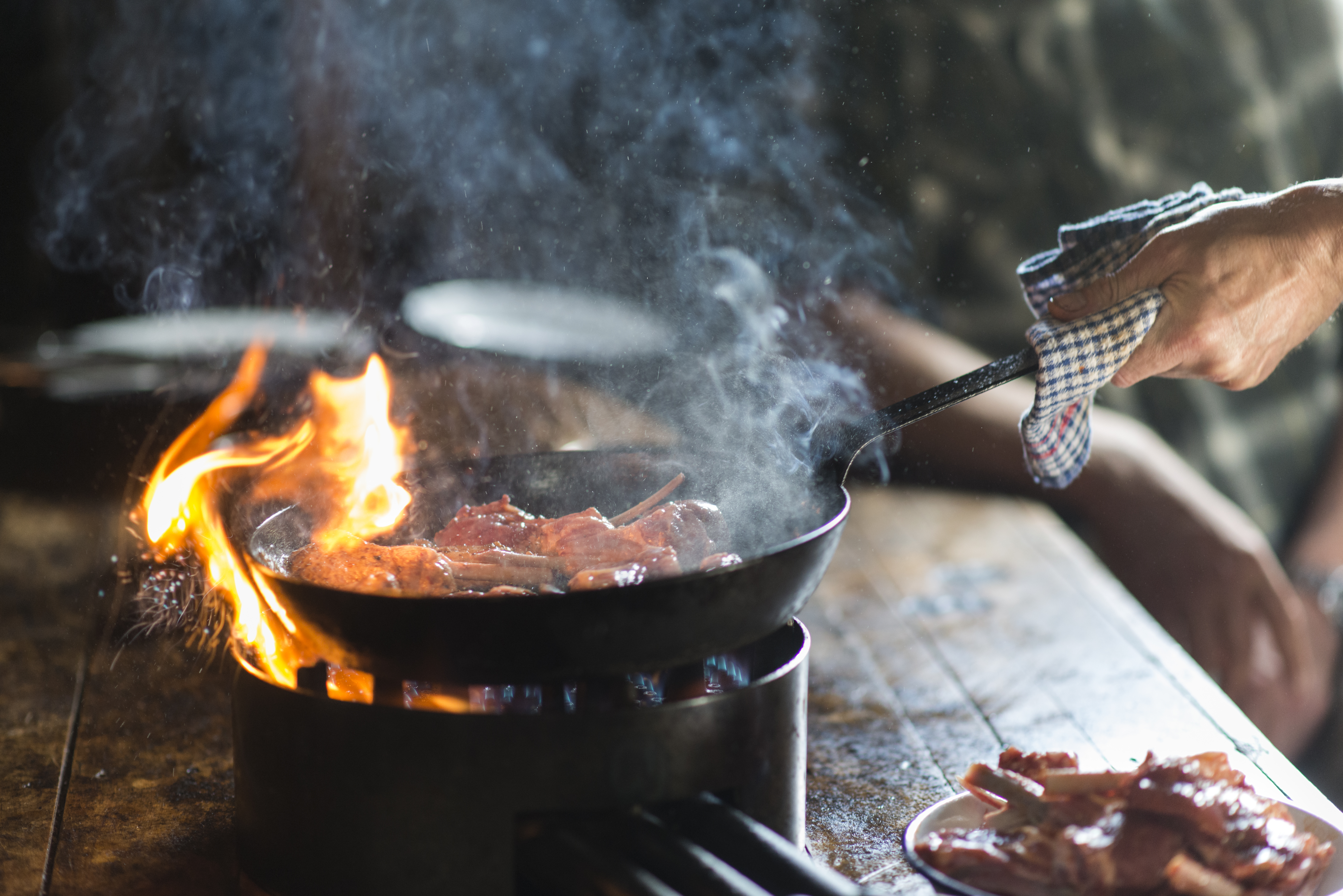
The culinary world is buzzing with excitement as the prestigious MICHELIN Guide announces its historic expansion into Oceania for the first time ever. Aotearoa New Zealand has officially joined the ranks of the world's most celebrated gastronomic destinations, marking a pivotal moment for the food and beverage industry across the Pacific.
This groundbreaking announcement represents more than just another market expansion: it's a recognition of New Zealand's unique culinary identity and a catalyst that will reshape the country's hospitality landscape. With MICHELIN Guide Inspectors already dining anonymously across four vibrant cities, the inaugural selection set for mid-2026 promises to put New Zealand firmly on the global culinary map.
A Historic First for Oceania
The arrival of the MICHELIN Guide in New Zealand represents the guide's first-ever venture into Oceania, covering four distinctive culinary destinations: Auckland, Wellington, Christchurch, and Queenstown. This strategic expansion acknowledges what industry insiders have long recognized: New Zealand's food and beverage scene has evolved into a world-class destination worthy of Michelin's rigorous standards.
"We are thrilled to bring the MICHELIN Guide to Aotearoa New Zealand for the very first time," says Gwendal Poullennec, International Director of the MICHELIN Guide. "The country offers a rich and diverse culinary landscape, shaped by its indigenous Māori heritage, Pacific influences, and a new generation of chefs who champion local produce with creativity and passion."
The timing couldn't be more perfect. As international travel rebounds and culinary tourism reaches new heights, New Zealand's recognition by Michelin positions the country as a must-visit destination for discerning food and beverage professionals worldwide.
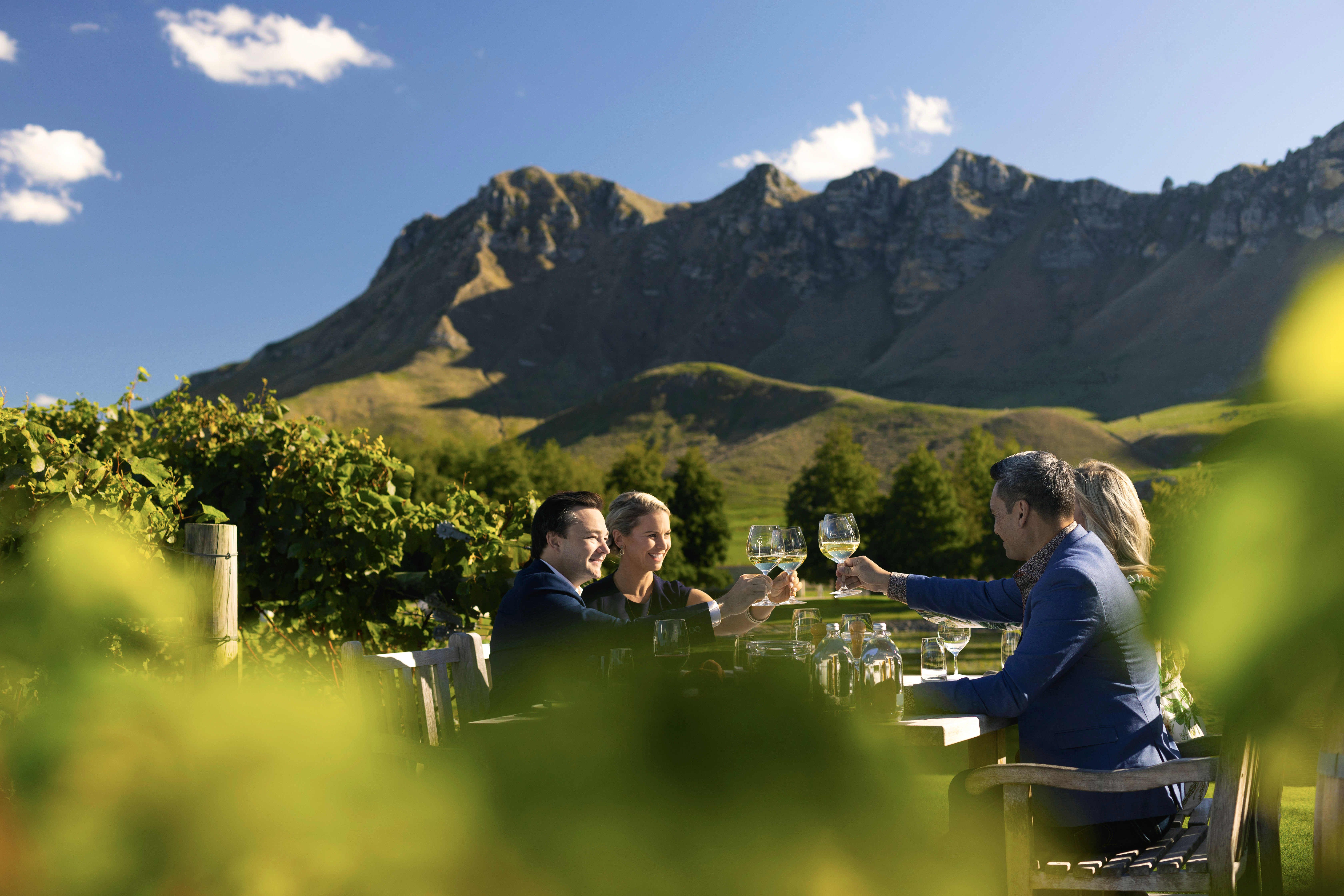
Four Cities, Four Unique Culinary Stories
Auckland: Urban Sophistication Meets Coastal Abundance
Auckland's vibrant urban landscape serves as the perfect backdrop for New Zealand's most cosmopolitan dining scene. The city's restaurants capitalize on rich coastal resources while embracing the multicultural identity that defines modern New Zealand cuisine. From inclusive fine dining experiences that celebrate Aotearoa's cultural diversity to wine lists showcasing the country's acclaimed vineyards, Auckland delivers a world-class gastronomic experience that balances sophistication with the warm hospitality New Zealand is known for.
Wellington: The Creative Capital's Bold Flavors
Wellington thrives on innovation and creativity, characteristics that define both its cultural scene and culinary landscape. As one of the world's premier coffee cities, Wellington has built a reputation around its roasteries and coffee culture. The city's restaurants demonstrate a deep commitment to organic and sustainable produce, driving the farm-to-table movement that's becoming increasingly important to food and beverage industry professionals.
Christchurch: Celebrating Natural Abundance
South Island's Christchurch leverages its proximity to Canterbury's fertile plains and Banks Peninsula's pristine waters. The city's restaurants have mastered the art of value-driven, farm-to-table dining, creating menus that showcase the region's natural bounty. Local chefs blend traditional New Zealand staples with Pacific Rim influences, contributing to an evolving culinary identity that resonates with both locals and international visitors.
Queenstown: Mountain-to-Plate Excellence
Nestled among the dramatic Southern Alps, Queenstown offers a culinary landscape shaped by eco-conscious innovation and exceptional terroir. The region's proximity to Central Otago: the world's southernmost wine region: provides access to organic seasonal produce, wild-caught venison, and premium lamb sourced from surrounding high country farms. This combination of natural abundance and sustainable practices creates a dining experience that's both memorable and responsible.
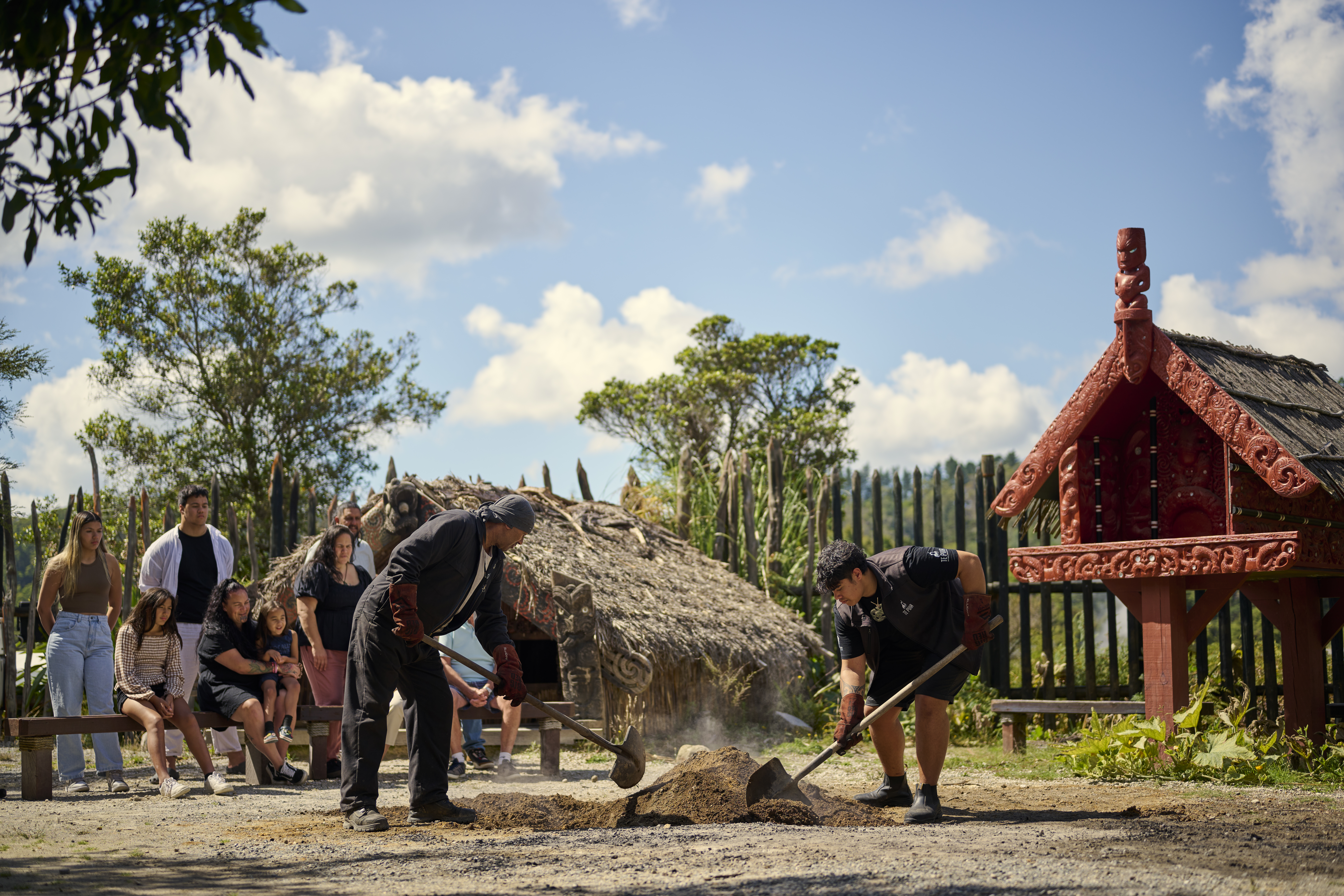
Industry Impact and Recognition
The expansion of the MICHELIN Guide to New Zealand is made possible through valued support from Tourism New Zealand, highlighting the strategic importance of this development for the country's hospitality sector.
"This recognition is more than a win for our chefs and winemakers: it's a triumph for our entire hospitality and tourism sector," said New Zealand's Minister for Tourism and Hospitality Louise Upston. "It celebrates the incredible dedication and talent of the people who bring our food and beverage experiences to life every day."
This sentiment reflects the broader implications for food and beverage management professionals throughout the industry. The Michelin recognition serves as validation for years of innovation, sustainability efforts, and commitment to excellence that have characterized New Zealand's culinary evolution.
Tourism New Zealand Chief Executive René de Monchy emphasized the global significance: "We couldn't be prouder of our vibrant food and beverage scene, and it's thrilling to see it now shining on the international stage through the prestigious MICHELIN Guide. The recognition not only celebrates our culinary excellence but also signals to the world that New Zealand is a must-visit destination."

The Rigorous MICHELIN Methodology
For food and beverage industry professionals, understanding the MICHELIN Guide's evaluation process provides valuable insights into excellence standards. The restaurant selection follows the guide's historic methodology, focusing exclusively on cuisine quality through five universal criteria:
- Quality of ingredients: Emphasizing the sourcing and handling of raw materials
- Mastery of cooking techniques: Demonstrating technical skill and precision
- Harmony of flavors: Creating balanced and memorable taste experiences
- Personality of cuisine: Expressing unique culinary identity and creativity
- Consistency: Maintaining standards across time and throughout the entire menu
This evaluation framework, conducted by anonymous expert inspectors, ensures objective assessment free from external influence. For restaurant operators and food service industry professionals, these criteria serve as a blueprint for operational excellence.
The Complete Recognition System
The MICHELIN Guide's recognition extends beyond its famous stars. The system includes:
- MICHELIN Stars: One star for "high-quality cooking worth a stop," two stars for "excellent cooking worth a detour," and three stars for "exceptional cuisine worth a special journey"
- Bib Gourmand: Recognition for restaurants providing good quality food at moderate prices
- MICHELIN Keys: Hotel distinctions for excellence in design, architecture, service, and personality (19 New Zealand hotels already recognized in 2025)
This comprehensive approach to hospitality recognition creates opportunities for various sectors within the food and beverage industry to achieve international acclaim.
What This Means for Industry Professionals
The arrival of the MICHELIN Guide in New Zealand creates ripple effects throughout the hospitality industry. For food and beverage directors and managers, this development represents:
- Elevated Standards: International recognition drives industry-wide improvement in service, sourcing, and culinary execution
- Tourism Growth: Increased culinary tourism translates to higher demand for quality hospitality services
- Supplier Opportunities: Greater emphasis on local, high-quality ingredients benefits producers and distributors
- Professional Development: Enhanced focus on culinary excellence creates training and advancement opportunities
The expansion also highlights New Zealand's commitment to sustainable food practices, indigenous culinary traditions, and innovative approaches to hospitality: trends that are reshaping the global food and beverage landscape.
Looking Ahead to 2026
As MICHELIN Guide Inspectors continue their anonymous evaluations across Auckland, Wellington, Christchurch, and Queenstown, the anticipation builds throughout New Zealand's hospitality community. The inaugural selection, scheduled for mid-2026, will undoubtedly reshape dining conversations and tourism patterns across Oceania.
For food and beverage industry professionals worldwide, New Zealand's inclusion in the MICHELIN Guide represents both inspiration and opportunity. It demonstrates how a focus on local ingredients, cultural authenticity, and innovative techniques can elevate a regional cuisine to international prominence.
The MICHELIN Guide's global presence now spans multiple continents, and with New Zealand joining the ranks, the guide continues to fulfill its mission of highlighting exceptional culinary destinations and promoting travel culture worldwide.
Stay updated with the latest developments by visiting guide.michelin.com, following @MichelinGuide on Instagram, or connecting through Facebook and YouTube.
As we continue to track this historic development and its impact on the global food and beverage industry, Food & Beverage Magazine remains committed to bringing you the insights and analysis that matter most to hospitality professionals. The recognition of New Zealand's culinary excellence by Michelin marks not just a milestone for one country, but a celebration of the innovation and dedication that drives our entire industry forward.
Written by Michael Politz, Author of Guide to Restaurant Success: The Proven Process for Starting Any Restaurant Business From Scratch to Success (ISBN: 978-1-119-66896-1), Founder of Food & Beverage Magazine, the leading online magazine and resource in the industry. Designer of the Bluetooth logo and recognized in Entrepreneur Magazine's "Top 40 Under 40" for founding American Wholesale Floral. Politz is also the founder of the Proof Awards and the CPG Awards and a partner in numerous consumer brands across the food and beverage sector.



